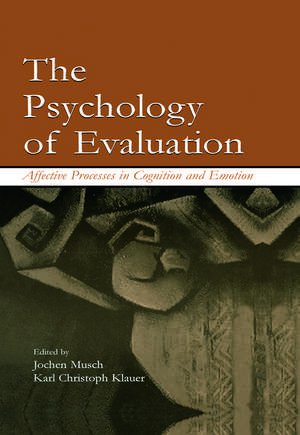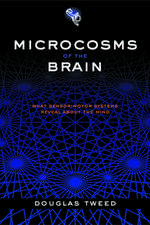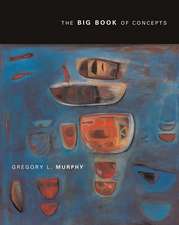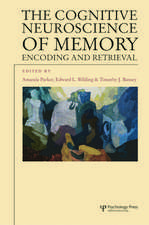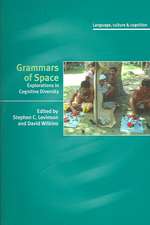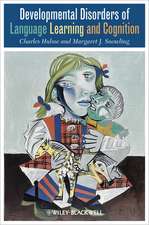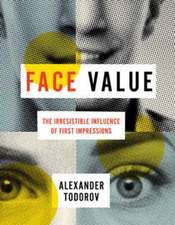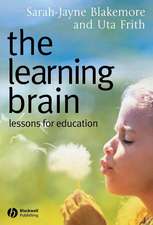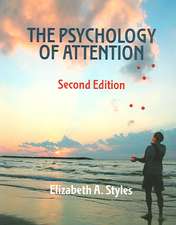The Psychology of Evaluation: Affective Processes in Cognition and Emotion
Editat de Jochen Musch, Karl C. Klaueren Limba Engleză Paperback – 29 ian 2013
Preț: 355.04 lei
Preț vechi: 403.78 lei
-12% Nou
Puncte Express: 533
Preț estimativ în valută:
67.94€ • 71.12$ • 56.21£
67.94€ • 71.12$ • 56.21£
Carte tipărită la comandă
Livrare economică 07-21 aprilie
Preluare comenzi: 021 569.72.76
Specificații
ISBN-13: 9780415652674
ISBN-10: 0415652677
Pagini: 430
Dimensiuni: 152 x 229 x 23 mm
Greutate: 0.64 kg
Ediția:1
Editura: Taylor & Francis
Colecția Psychology Press
Locul publicării:Oxford, United Kingdom
ISBN-10: 0415652677
Pagini: 430
Dimensiuni: 152 x 229 x 23 mm
Greutate: 0.64 kg
Ediția:1
Editura: Taylor & Francis
Colecția Psychology Press
Locul publicării:Oxford, United Kingdom
Public țintă
ProfessionalCuprins
Contents: J. Musch, K.C. Klauer, The Psychology of Evaluation: An Introduction. Part I:Mechanisms, Boundary Conditions, and Theories of Automatic Evaluation. K.C. Klauer, J. Musch, Affective Priming: Findings and Theories. D. Wentura, K. Rothermund, The "Meddling-In" of Affective Information: A General Model of Automatic Evaluation. J. Glaser, Reverse Priming: Implications for the (Un)conditionality of Automatic Evaluation. K. Fiedler, The Hidden Vicissitudes of the Priming Paradigm in Evaluative Judgment Research. Part II:Evaluative Judgments and the Acquisition of Evaluations. D. Hermans, F. Baeyens, P. Eelen, On the Acquisition and Activation of Evaluative Information in Memory: The Study of Evaluative Learning and Affective Priming Combined. M. Ferguson, J. Bargh, The Constructive Nature of Automatic Evaluation. P. Winkielman, N. Schwarz, T. Fazendeiro, R. Reber, The Hedonic Marking of Processing Fluency: Implications for Evaluative Judgment. Part III:Individual Differences and Indirect Measures of Evaluation. J. De Houwer, A Structural Analysis of Indirect Measures of Attitudes. R. Banse, Beyond Verbal Self-Report: Priming Methods in Relationship Research. M.D. Robinson, P.T. Vargas, E.C. Crawford, Putting Process Into Personality, Appraisal, and Emotion: Evaluative Processing as a Missing Link. Part IV:The Role of Evaluation in Mood, Emotion, and Behavior. P. Niedenthal, A. Rohmann, N. Dalle, What Is Primed by Emotion Concepts and Emotion Words? G. Clore, S. Colcombe, The Parallel Worlds of Affective Concepts and Feelings. R. Neumann, J. Förster, F. Strack, Motor Compatibility: The Bidirectional Link Between Behavior and Evaluation.
Descriere
This is a technical book. Short "Advertising test" should be used unless editors write something more lengthy on MAQ.
